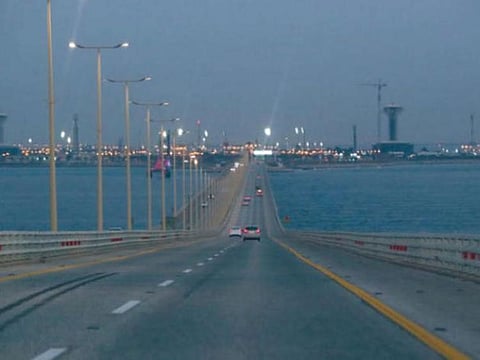Even businesses must start factoring future pandemics into plans
Resilience against all types of shocks should be taken up and resistance built

Also In This Package
Much has been written on the “new normal and the shape of the post-pandemic landscape. Yet, unless world leaders act now, COVID-19 may bring an even bigger economic and social impact across the globe.
This disease has proven its ability to wreak havoc and, while the operating environment remains uncertain, it is critical to implement a coordinated recovery plan. To do this, world leaders should adopt six fundamental policy asks, which is part of the newly released special report - ‘Jump starting the Global Economy in a Post COVID-19 Phase - to the G20.
The pandemic and the ensuing crisis is a consequence of an intricately woven ecological, social and economic system. Addressing a global crisis like this requires agility in decision-making and policy adaptation based on listening – urgently containing the short-term fallout, while beginning to invest in long-term resilience that is sustainable and socially inclusive.
This is a challenge for both countries and global multilateral bodies like the G20. In recent months I have engaged with several global business leaders and international policymakers in a bid to develop a consensus on how governments can better support the private sector during this pandemic, protect the economy and prepare for future crises.
It is without doubt that building resilience in our health systems remains a key priority. This is not just about developing a safe, reliable vaccine to COVID-19 – though when the science community does achieve this. I have every faith that it will, it is absolutely vital that the G20 supports equitable access at affordable prices.
This cannot be up for discussion.
Detect early and counter
Building resilience also means planning for future pandemics, and the G20 must engage the United Nations (UN) and the World Health Organization (WHO) to establish an early warning mechanism and global protocol mandating countries to report on the outbreak of infectious diseases. Nations must fully cooperate with WHO by providing early access to locations experiencing an outbreak of an infectious disease.
If this pandemic has taught us anything, it’s that the best method of mitigating the worst effects of a communicable virus is to act decisively - and early. Detection is the only way to achieve this.
Get movements flowing again
As lockdown restrictions continue to be eased, governments must act together to ensure that there are no selective biases against movement of people across borders. Similarly, it is critical to unclog and restore global supply chains to allow for the free trade of goods.
The G20 is the ultimate forum to reach an agreement on policy solutions that transcend sovereign interests for a global common good, and I urge heads of state to collaborate on this issue immediately – it cannot wait until they meet at November’s G20 Summit.
Finally, the rapid shift in the adoption of digital technologies needs to be underpinned by the principles of the right to privacy and security of all types of users. We have to seize this moment to create a global data governance mechanism that guides, regulates and monitors privacy, security, sharing and access to data.
This will ultimately provide the foundations to addressing national security concerns from governments with respect to the development and application of emerging technologies.
The challenges presented by COVID-19 are multi-faceted, and there is no one solution to minimize their economic and social costs. Yet the actions I outline, on behalf of the global business community, will help us go some way to kickstarting the recovery. It is time for action, and the stakes have never been higher.
- Yousef Al-Benyan is Chair of B20, the official voice of business to the G20.









